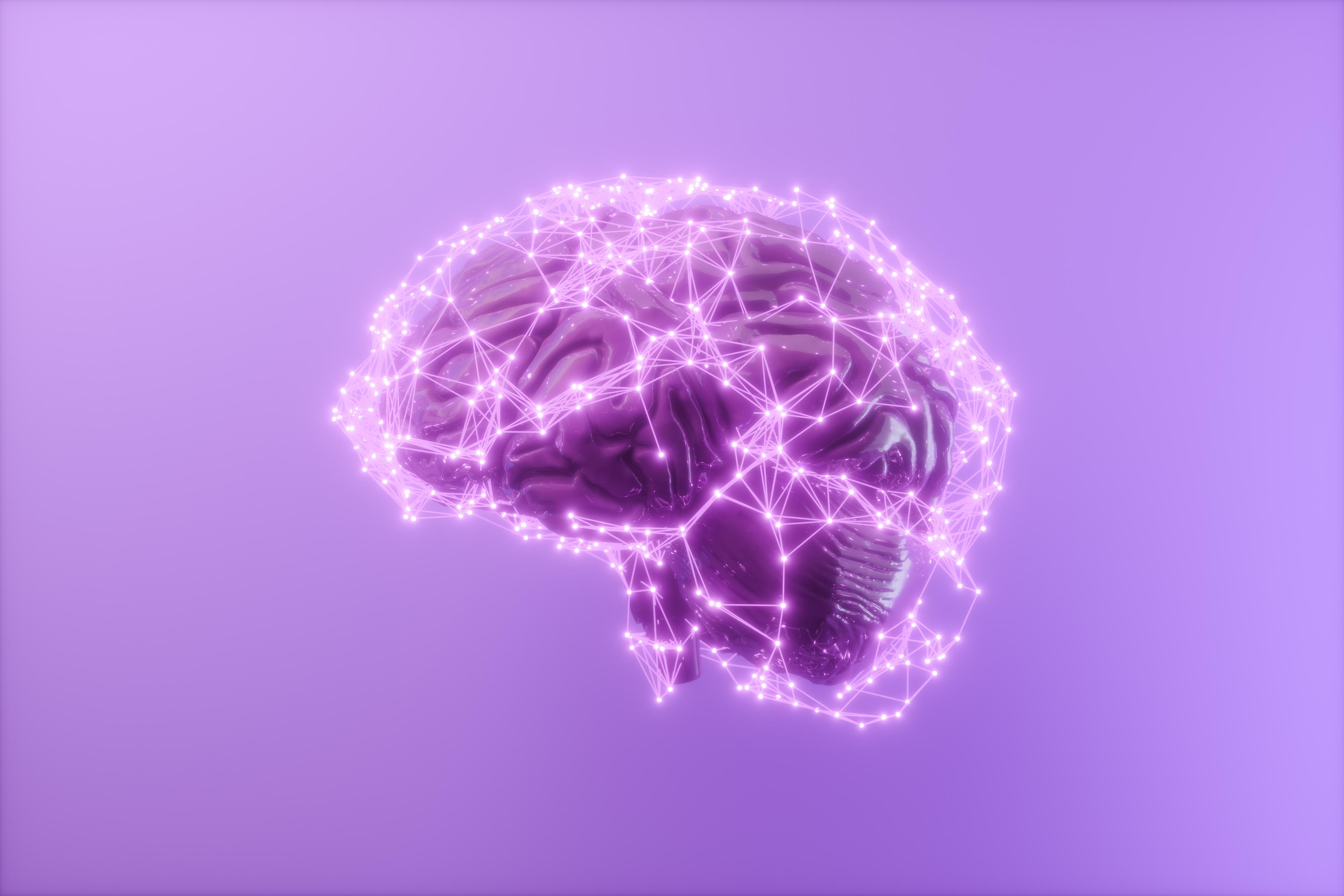
Knowing when and how to seek help for an eating disorder is one of the most challenging pieces of the recovery puzzle. Because eating disorders can present in such a wide variety of ways, it can be particularly tough to know when someone's symptoms merit professional attention. The bottom line, however, is that eating disorders are deadly diseases: in fact, eating disorders have the second highest mortality rate of all mental illness. Taking decisive, targeted action early can literally save your or your loved one’s life—even if the symptoms you've noticed don’t seem severe or don’t appear to fit the full criteria for a diagnosable disorder.
Anyone struggling on any level with food, weight, exercise, or body image deserves—and often needs—support, but knowing how to get started can be tricky. Here are the main points to consider when deciding whether you or your loved one need eating disorder treatment.
When to seek help for an eating disorder
Identifying the early warning signs of an eating disorder can be challenging, but the odds of recovery increase when the disease is caught early, so knowing some of the signature signs can be life-saving. Here are some of the hallmark symptoms to be aware of:
- Behaviors and attitudes that suggest extreme concern, preoccupation, and/or obsessive/compulsive thoughts and actions about weight loss, dieting, controlling food, exercise, etc.
- Skipping meals, only eating small portions, or refusing to eat certain foods
- Noticeable weight fluctuations, including weight loss or gain
- Difficulty concentrating, menstrual irregularities, sleep problems, feeling cold all the time, and/or having signs of impaired immune functioning
- Hiding binges or hoarding food (for loved ones, you might notice signs of this, like food wrappers hidden in strange places or food going missing)
- Engaging in dieting behaviors (i.e. reducing the amount or types of food eaten)
- Purging food (i.e. vomiting or misusing laxatives or diuretics. For loved ones, this might mean signs of potential purging, like frequent trips to the bathroom after meals, or laxatives suddenly appearing in the medicine cabinet)
There are many other possible signs and manifestations of disordered eating to be aware of, and these are just the tip of the iceberg. Know that warning signs can vary dramatically from person to person and the absence or presence of one or more symptoms doesn’t guarantee a diagnosis.
If you notice any concerning patterns or behaviors in yourself or a loved one, seek a professional opinion immediately and don’t discount your intuition.
How to seek treatment for an eating disorder
One of the most helpful starting points for putting together an eating disorder treatment plan may be your or your loved one's primary care physician. A primary care provider can make critical referrals so you can piece together the most comprehensive treatment team for your specific needs.
Traditionally, the crucial members of a multidisciplinary eating disorder treatment team include:
- A mental health professional, including a therapist for psychological services and/or a psychiatrist for medication prescription and management
- Medical and/or dental specialists to treat any physical issues that may have resulted from the eating disorder
- A registered dietitian to create a therapeutic meal plan and/or provide nutrition education
- Peer or family mentors to offer advice based on their own lived experience
Assembling a team may take work, but the process often starts with a primary care provider. If you feel you or your loved one merit a higher level of care than the services available in low-touch outpatient settings, you may want to consider an evidence-based, comprehensive recovery program like Equip.
Questions to ask during your search for eating disorder treatment
There is no perfect template for eating disorder recovery; every person's treatment plan depends on a multitude of factors. Knowing which questions to ask as you start your search for support may help you identify the approach that works best for you or your loved one:
- What kind of experience does a healthcare provider have with treating eating disorders? How long have they specialized in eating disorders?
- What kind of credentials does the healthcare provider have? Do they belong to a reputable organization like the Academy for Eating Disorders (AED)?
- What are the financial implications of treatment? Are the services you’re considering covered by insurance? If not, how much will they cost out-of-pocket?
- What kinds of measurable criteria does the provider use to assess how well treatment is working?
- What role will family and loved ones play in the treatment process?
- Are there physical and mental health implications of the eating disorder that need to be addressed immediately? What’s the best strategy for addressing them?
Again, these are just a handful of the myriad considerations you may need to make as you start the process of seeking treatment. But having these questions in mind can help you start to make sense of the overwhelming amount of information out there and help you hone in on what truly matters most: finding treatment that will help you or your loved one achieve lasting recovery.








